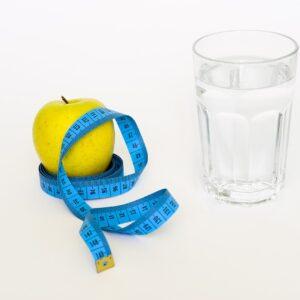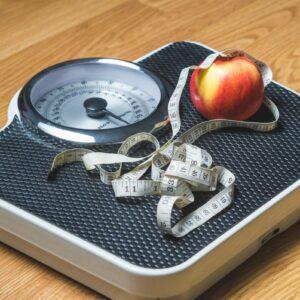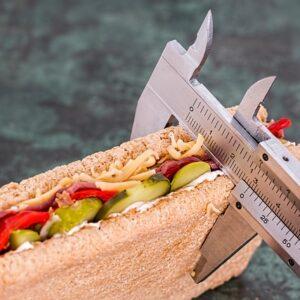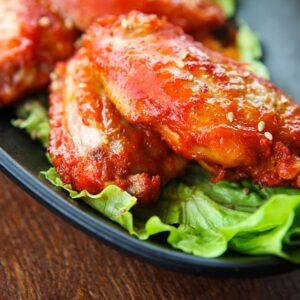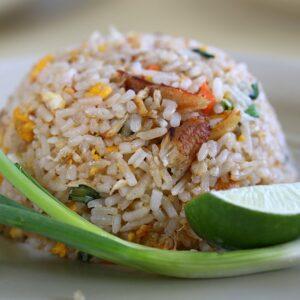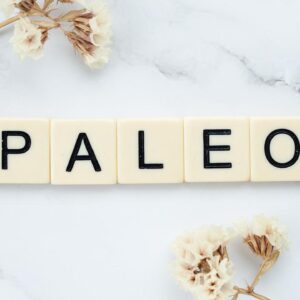Introduction: How to lose weight fast with vegan diet?
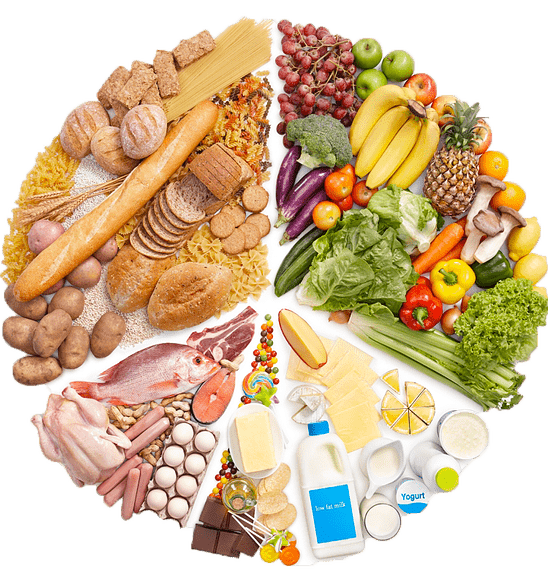
A Vegan diet is a healthy, sustainable way to lose weight. A plant-based diet is one that emphasizes whole foods. It is very low in processed food and animal products.
It’s also a diet that is not linked to any particular religion or culture. It transcends culture or religion.
However, the term “Vegan” can be misleading as it often implies exclusive eating of only plant-based foods. This isn’t the case for most people who follow a vegan or vegetarian diet. They may eat some dairy and eggs if these are required for their health.
These are all foods that are rich in nutrients and contain no animal products at all! So even if you don’t eat dairy and eggs. You can still benefit from following a vegan or vegetarian diet while enjoying good health.
The Benefits of a Whole Food Plant Based Diet
What is the best way to lose weight fast? Most people would say eating a diet that is rich in fruits, vegetables and whole grains. Some people would say this too, but probably not for long.
Most of us know that if we eat a diet that is rich in fruits, veggies and whole grains. We will lose weight quickly. But there are other reasons to go Vegan or eating a plant-based diet including:
- It can help your body’s health.
- Protect your heart and arteries from disease.
- Reduce your risk of cancer and dementia.
For each reason above, there are risks to going Vegan for 2 weeks. Although they are minor compared to the benefits. Typically, the benefits outweigh the risks so long as you stay on your plan and don’t stray too far from your plan. But if you feel like going off course or if you want an extra challenge, these things can ruin the experience:
1] You may gain back some weight or even more than what you lost during the first week or two of following a plant-based diet.
This is because when we eat foods like meat and dairy products, our bodies have to process them quickly so that we can use them as fuel in our bodies. If we don’t get enough calories from food such as if we eat too many carbs, then our bodies work harder to get them from other sources such as food storage or liquid calories like soda or juice. This means that if you go back on a Vegan diet after losing weight during a first phase of going Vegan which typically lasts about 12 weeks it may take longer for your body to adjust back into fat burning mode than it did during the first phase! And this can lead to additional pounds being added over time!
2] Foods with high sugar content and/or simple carbohydrates can cause spikes in blood sugar levels which could lead to insulin resistance and thus diabetes. This condition could be prevented by eating more protein rich foods and less flour products like breads or pasta, which are often high in simple carbohydrates. However, while some studies have shown improved blood sugar control with a low carbohydrate diet. Others haven’t found any significant benefit with this type of low carbohydrate diet.
Why You Must Have a Meal Plan?

Vegan diets have become increasingly popular over the past decade. As Westerners become aware of the health benefits of a Vegan diet. Many have begun to question whether a plant-based option is truly as healthy as it’s cracked up to be. However, there are other reasons why veganism can be beneficial for health, such as weight loss and improved dietary habits.
If you are looking to lose weight quickly, then you will likely want to follow a meal plan that takes into account all of your needs. This means that your diet will need to be flexible because you will need to adjust what you are eating based on your current fitness level and your personal preferences.
A sample meal plan can also help you determine how much food you should eat in order to meet all your nutritional needs.
One advantage of following a meal plan is that it will help you stay on track with your goals because you can use this guide as reference when planning meals, snacks and more.
Get the Right Nutrients for Weight Loss Success
A Vegan diet can help you lose weight because it is low in calories and your energy expenditure is low.
If you’re really trying to get a healthy body and weight loss on your side. One of the most important things to do is get the right nutrition for weight loss. Make sure you’re eating a healthy diet that provides your body with the nutrients it needs to function properly. Some simple tips to help you along the way:
1) Protein is vital for building strong muscles and strong bones, so make this part of your daily meals plan. It will provide you with the energy that you need to fuel yourself throughout the day. You don’t have to eat eggs or dairy products every day – try adding these foods into your meals in small amounts once or twice per week – but remember, protein has three times more calories than fat.
2) Fiber is one of those nutrients that people tend not to consume in their diets. Yet it’s important for digestive systems and keeping everything moving along smoothly in there. To avoid stomach bloating and constipation we all know it can be very helpful!
3) Calcium plays an important role in strengthening bones and teeth. Keeping them healthy through our lives because without it we risk weak bones due to our lack of calcium intake. Ensure you are getting enough calcium from fruits, vegetables and whole grains. Dairy products are good sources of calcium but they also contain other vitamins like vitamin D which should be avoided, if possible, it’s better than being deficient.
4) Magnesium helps with nervous system function, muscle contraction and nerve transmission. Magnesium also keeps us from feeling tired during the day when we haven’t eaten much food at all! Make sure you’re taking this mineral by drinking plenty of water – drink at least eight glasses each day.
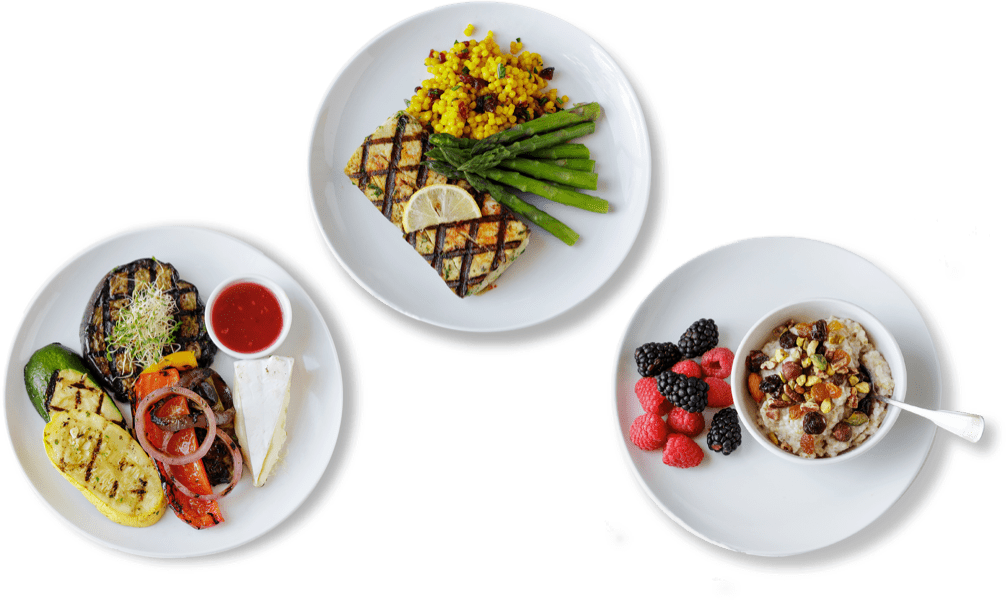
5) Vitamin C can help reduce inflammation. This means less inflammation of joints or muscles as well as less stress on our bodies from bacteria or viruses caused by a lack of vitamin C. The benefits go beyond just reducing joint pain or improving immunity. Vitamin C is also involved in key enzyme functions like digestion and metabolism which can help keep us feeling full longer throughout our days.
How to Control Portion Sizes, Hunger and Cravings
We have heard about the 4-week Vegan meal plan, which has been developed by an Italian research team for people trying to lose weight. While this diet has been shown to be effective for many people. It’s also very challenging to stick with. Especially if you are someone who doesn’t have much experience with healthy eating!
The 4-week Vegan meal plan consists of three main meals each day, breakfast, lunch and dinner. You can choose from three different types of foods, vegetables, whole grains such as brown rice and pulses such as beans or chickpeas. Each type of food offers different nutrients, but all are low in calories, saturated fat and salt.
Consuming fewer fruits than vegetables will ensure that they don’t contain too many calories or saturated fats like olive oil does. In fact, a good rule is. Half your intake should come from vegetables and half from fruit. If you want foods high in carbohydrates such as breads or potatoes, avoid them completely!
Conclusion: What are Healthy Snack Options?
A typical meal plan for a Vegan diet which is a combination of whole foods and plant-based proteins will typically contain 1200 calories and an average of no more than 5 fruits or vegetables per day. This doesn’t sound like much, but it will help you lose weight and avoid getting sick from the food you eat.
Some people don’t think they need to eat healthy at all. They just want to maintain their weight, look good and have no cravings for unhealthy foods. Hope you can start your Vegan diet today and enjoy the healthier you!

